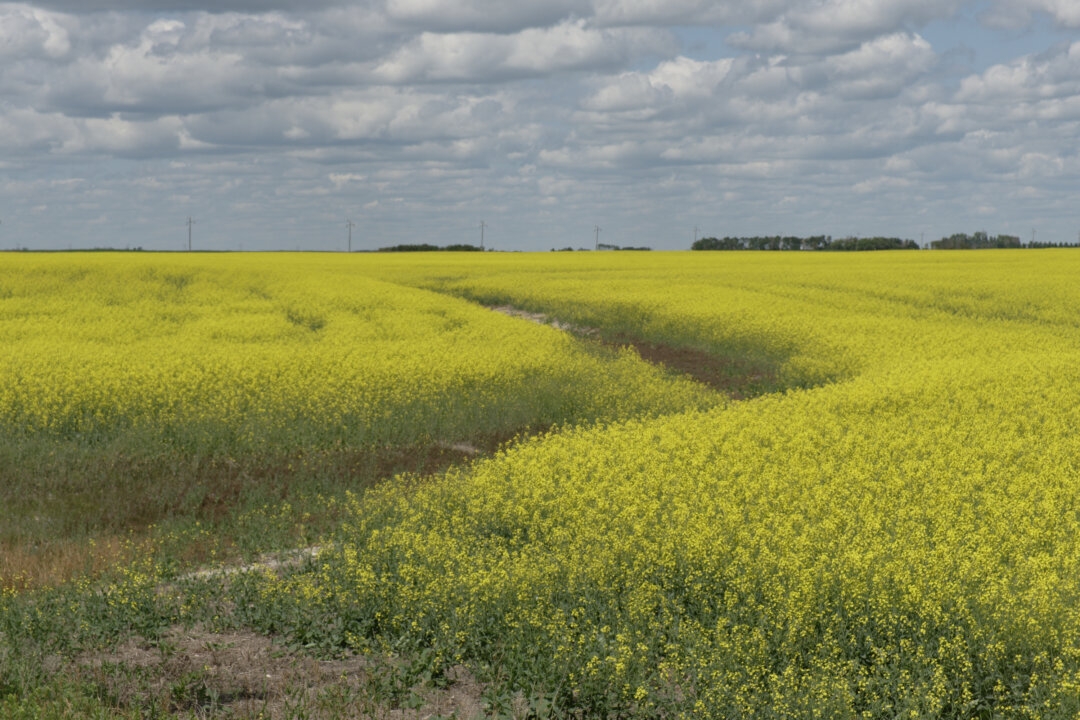
Children born in Ireland today and their peers around the world face malnutrition, a shorter life expectancy, and a myriad of other health hazards caused by climate change, a major global health report has warned. “We are going to see malnutrition in Ireland, climate change is going to have a widespread impact on food security,” said Professor Karyn Morrissey, the only Irish researcher involved in the Lancet Countdown Report 2024 published today. Among the challenges the world can expect will be farmers unable to grow traditional crops due to flooding or drought, older people dying from heat in record numbers, and the worsening spread of infectious diseases.
Overall, ten of 15 climate change-related health hazards measured are at record levels and “the most concerning” in eight years of records. Instead of investing in solutions, governments focus on fossil fuels even as “the wellbeing, health, and survival of individuals in every country now hang in the balance”, the 122 international researchers said. They call for health to be at the centre of the response to climate change including at the UN Climate Summit Cop29 next month.
University of Galway’s Prof Morrissey said: "There will be periods of time where there is just very limited access to food.” This could "absolutely" happen within two generations, she warned, and affect children born in Ireland today. My greatest fear is that we are setting ourselves up — so probably our children and certainly our grandchildren — for a situation where they are going to experience food insecurity.
Comparing extreme rainfall between 2014 and 2023 with levels between 1961 and 1990 globally showed 61% of land-mass saw more days of extremely heavy rain. “I’m really worried about collapses in food supply because our famers aren’t able to grow crops and not just our farmers but across Europe,” Prof Morrissey said. Flooding and changing temperatures are leading to “infectious disease spread and water contamination”, the report said with malaria a concern for Europe, she added.
Ireland has seen “phenomenal public health progress” in rising life expectancy, said Prof Morrissey. However, she cautioned this is not a given, saying: “Without concrete actions backed by financial and regulatory resources we are jeopardising our own future.” Overall, she said: “We will see the eradication of current living standards.
” She criticised new records in fossil fuel emissions and investments in fossil fuel sectors. However, outside of this she stressed the report “is not a blame game”. Instead of blaming farmers in Ireland, she called for debate on how “farming is going to change completely in the next 20 to 30 years".
The professor in Environment and Marine at JE Cairnes School of Business and Economics and Ryan Institute also said: I think there is still hope and that is why I’m involved with this report, changes can be made but the government is key. On an individual level, she advised avoiding food waste, unnecessary travel and reducing plastic use. The report, published today, has been shared with the United Nations among others.
Other warnings include that heat-related deaths among over-65s have risen “by a record-breaking 167%, compared with the 1990s, 102 percentage points higher than the 65% that would have been expected without temperature rise”. Some 151m more people faced “moderate or severe food insecurity across 124 countries” in 2022 — “the highest recorded value”. Extreme weather led to “a record high loss of 512bn potential labour hours in 2023”.
Dr Marina Romanello, Lancet Countdown executive director at University College London, said these are their "most concerning” findings. “Despite this threat, we see financial resources continue to be invested in the very things that undermine our health,” she said. “Repurposing the trillions of dollars being invested in, or subsidising, the fossil fuel industry every year would provide the opportunity to deliver a fair, equitable transition to clean energy and energy efficiency, and a healthier future, ultimately benefiting the global economy.
".










